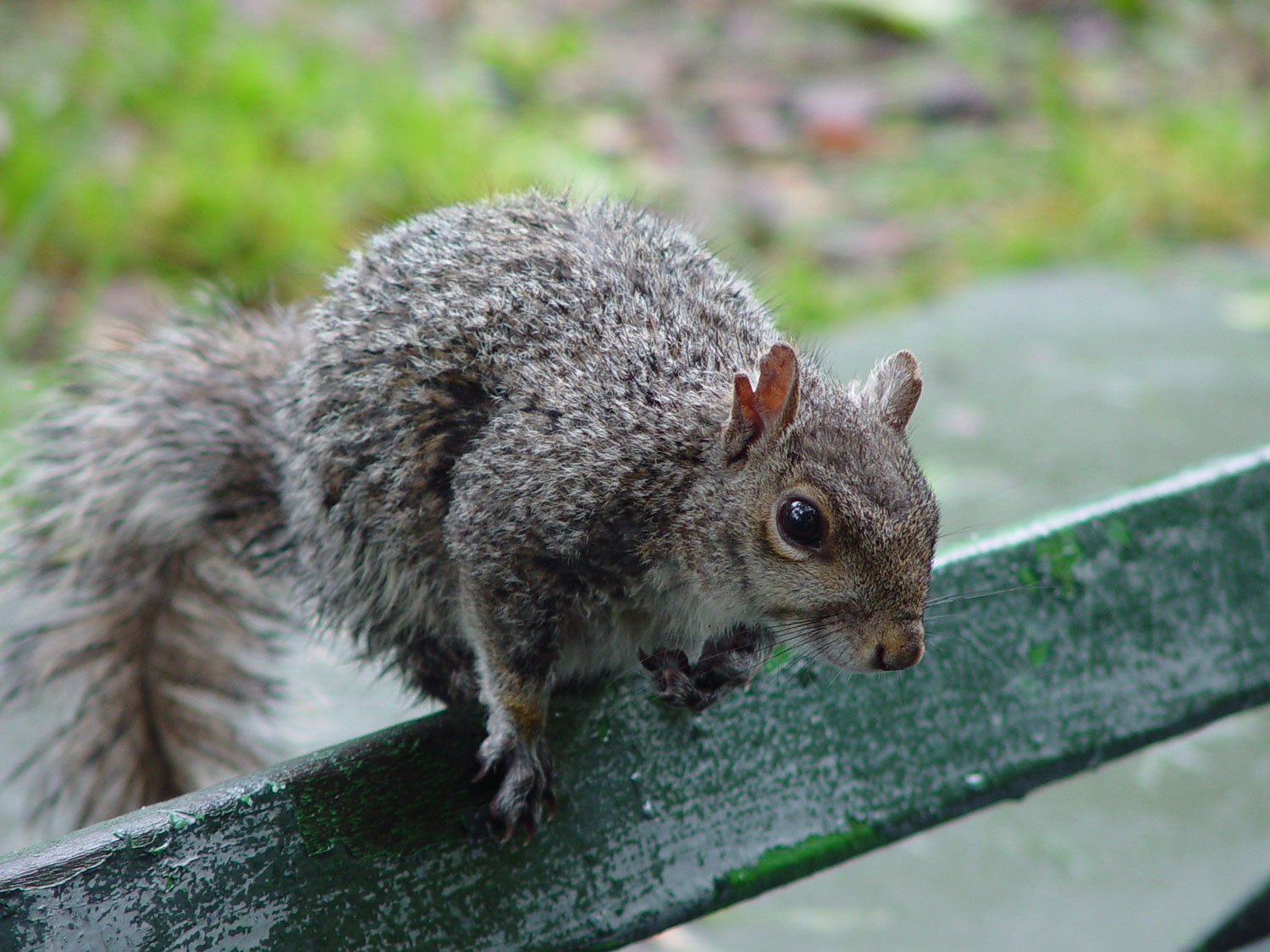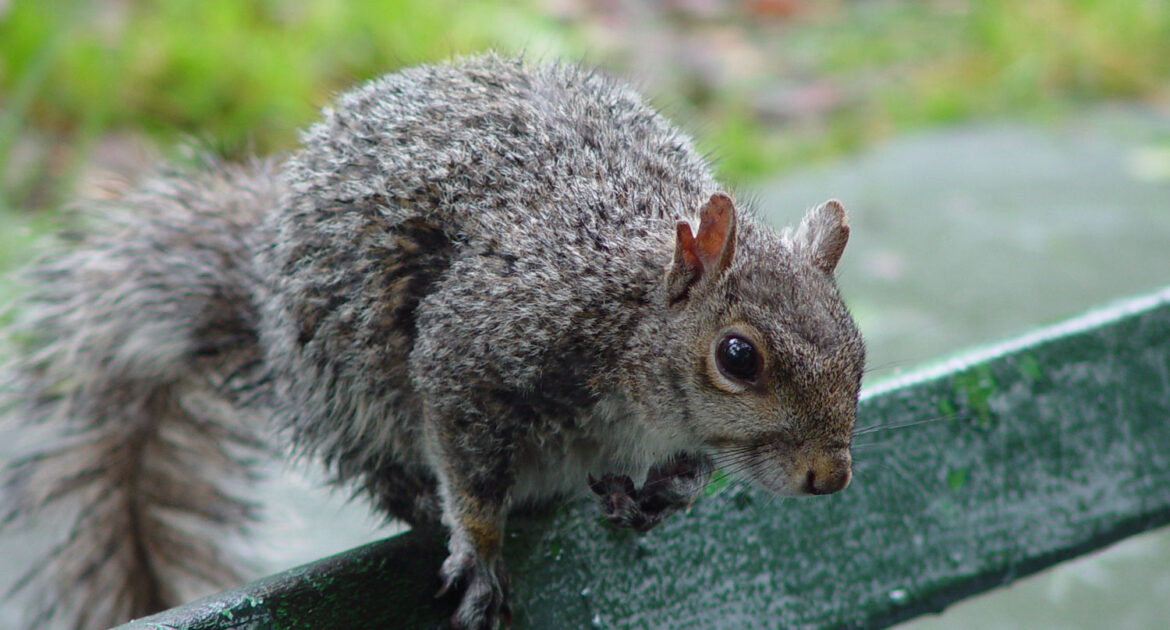Have you ever been out walking your dog when it suddenly goes nuts, pulling the leash and you along with it? Chances are, your pet saw a squirrel and couldn’t resist going after it. Maybe you’ve observed your dog obsessively chasing squirrels and other small animals in the backyard. It’s not just your pup that races after squirrels since many dog breeds enjoy this pursuit. Our Skedaddle Humane Wildlife Control team in Niagara offers some insight into what makes your dog suddenly sprint after small animals. Find out more about this common behaviour and learn how to recognize if you need expert wildlife removal for a potential squirrel problem.
The Predatory Instinct
For some dog breeds, chasing and hunting down rodents and other animals is a natural instinct. Breeds that are part of the sporting and herding dog group are especially prone to this conduct. For years, retrievers, sheepdogs and border collies were purposely bred to assist hunters with small prey such as birds, ducks, foxes and rabbits.
Today, many dogs still maintain that predatory instinct of their early ancestors, wild wolves. Dogs are triggered when they see that small burst of movement in their yards or on their daily walk and immediately spring into action trying to track down the source. If a dog ends up catching that small creature, it may grab it and bring it back to its owner or even eat the animal.
The Downside of Squirrel Chasing
When your family dog has a bad habit of chasing squirrels, it can become a problem. Walking a dog around the neighbourhood is a challenge if it is constantly pulling away to rush after something. If it catches the prey and consumes it, the cleanup is going to be unpleasant. Most people find their loveable dog chasing down a squirrel and eating it incredibly disturbing.
Additionally, there is also the danger of your dog getting loose or escaping the yard in hot pursuit of a squirrel. Your pet could get hit by a car, suffering an injury, or might not be able to find its way back home. Squirrels also host a variety of ticks, fleas and harmful bacteria that could cause problems for your dog’s health.
Training and Distraction Techniques
One way to prevent problems that come with chasing squirrels is to work on training your dog to ignore small animals. It’s important to focus on controlling your dog’s impulse to chase and use distractions to get its attention fixed on something else.
Some dog owners train their pets to obey specific verbal phrases. You can get your dog to respond to cues to leave it or to heel and stay. It’s also important to keep a dog who loves to chase small animals from spending too much time outside in the yard unsupervised.
Sometimes, it may seem like the squirrels enjoy teasing your dog into a chase. Both squirrels and dogs, like many other species of animals, do use play at times, so this is entirely possible. Some super mellow dogs may enjoy a little light fun while play-chasing friendly neighbourhood squirrels. Other dogs can get too excited, and their predatory instincts may take over.
Wildlife Removal Options in Niagara
Another solution to help avoid squirrel-chasing issues is to work with wildlife experts such as Skedaddle Humane Wildlife Control. Having too many squirrels in your backyard can make it difficult for your dog to refrain from chasing them. With Skedaddle, you can learn more about how to keep these rodents from tempting your pup.
Help your dog maintain good behaviour and avoid the temptation of chasing squirrels with removal strategies from Skedaddle Humane Wildlife Control. Our humane wildlife removal techniques can help your dog go back to being a well-behaved canine citizen.




